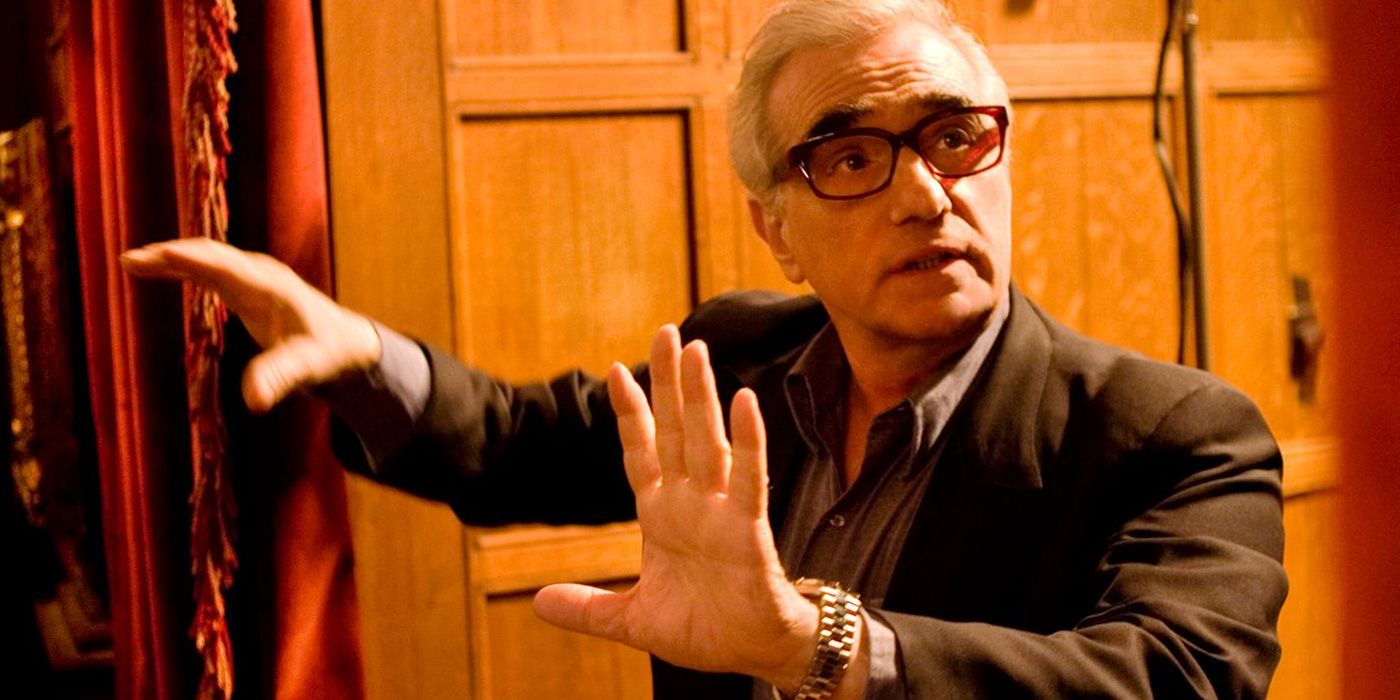If any director deserves to hold forth on the state of cinema, it’s Martin Scorsese. He’s cranked out numerous classics, seen the industry change over the course of five decades, worked tirelessly for the cause of film preservation, and has his own World Cinema project. The man knows what he’s talking about, and while you’re under no obligation to agree with him, you’d do well to at least pay attention to him when he talks about the artform.
In a new essay in Harper’s, Scorsese talks about his fear that art is devalued when it’s all reduced to “content”, and part of that reduction comes from streaming services relying on algorithms rather than people. Scorsese writes:
Flash forward to the present day, as the art of cinema is being systematically devalued, sidelined, demeaned, and reduced to its lowest common denominator, “content.”
As recently as fifteen years ago, the term “content” was heard only when people were discussing the cinema on a serious level, and it was contrasted with and measured against “form.” Then, gradually, it was used more and more by the people who took over media companies, most of whom knew nothing about the history of the art form, or even cared enough to think that they should. “Content” became a business term for all moving images: a David Lean movie, a cat video, a Super Bowl commercial, a superhero sequel, a series episode. It was linked, of course, not to the theatrical experience but to home viewing, on the streaming platforms that have come to overtake the moviegoing experience, just as Amazon overtook physical stores. On the one hand, this has been good for filmmakers, myself included. On the other hand, it has created a situation in which everything is presented to the viewer on a level playing field, which sounds democratic but isn’t. If further viewing is “suggested” by algorithms based on what you’ve already seen, and the suggestions are based only on subject matter or genre, then what does that do to the art of cinema?
Curating isn’t undemocratic or “elitist,” a term that is now used so often that it’s become meaningless. It’s an act of generosity—you’re sharing what you love and what has inspired you. (The best streaming platforms, such as the Criterion Channel and MUBI and traditional outlets such as TCM, are based on curating—they’re actually curated.) Algorithms, by definition, are based on calculations that treat the viewer as a consumer and nothing else.
Scorsese is correct. The reason a company like Netflix pays programmers instead of critics is because critics are people with individual viewpoints and if that viewpoint becomes successful, then that gives the individual leverage over the company. It’s better to pay anonymous programmers to craft an algorithm that may be vaguely personalized, but at least the algorithm doesn’t contradict you or ask for a raise. It doesn’t want anything; it does what it’s told, and as long as it keeps someone watching, then it has done its job regardless of whether that recommendation actually broadens a viewer’s understanding of cinema.
When you read an article like The Best Movies on Netflix on Collider, that’s 100% informed critics making an argument for films we genuinely enjoy. We get no revenue from Netflix; we get revenue from readers like you who are looking to broaden their horizons and see a good movie on a widely available streaming service. The algorithm can’t tell you why you should watch something; it simply provides a title and then you have to hope for the best. That’s not sharing a love of movies; that’s simply keeping you hooked in regardless of what may interest you as a viewer.
Scorsese, who made his last movie with Netflix and is making his current movie, Killers of the Flower Moon, with Apple, is not against streaming. Instead, he’s arguing that streamers would do well to start relying on people to curate their libraries rather than outsourcing it to algorithms. We’ve seen these algorithms operate for years now, and they’re still not great, so maybe streamers want to use a fraction of their giant budgets to hire a few curators.


